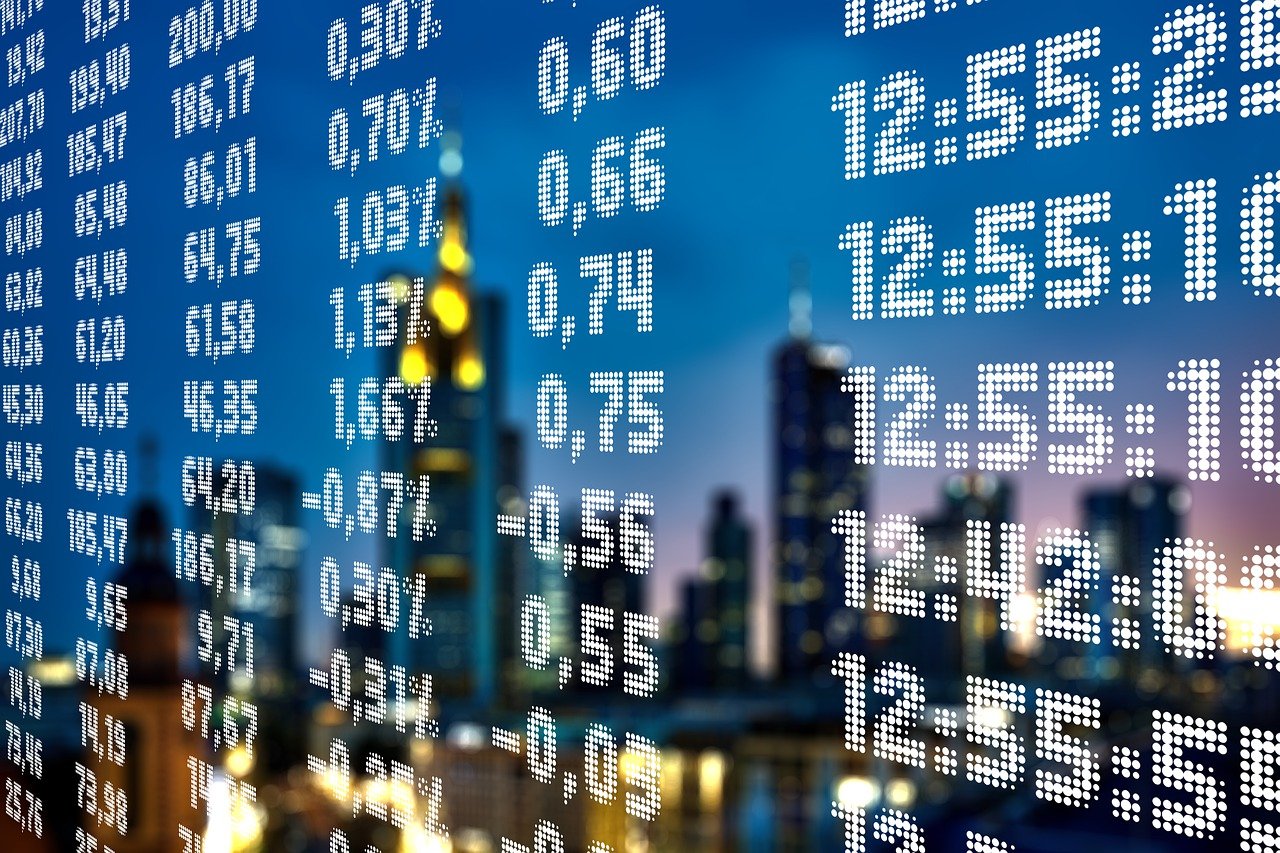On Wednesday, shares all around the world tumbled as COVID-19 infections surged rapidly in the United States and Europe. This has ignited possible stricter lockdown measures, which could have a negative impact on the already fragile economic recovery. Reports regarding potential lockdowns in France and Europe led to a slump in European shares, which lost 2.5% to reach five-month lows. Markets were rattled due to a media report claiming that a national lockdown might be imposed in France on Thursday, from midnight onwards. The hardest blow was dealt to the Paris index, which lost 3.5% to reach its lowest value since May.
There was a 3.2% slump in German shares, which brought them down to their lowest level since June. This occurred after a report that Chancellor Angela Merkel wanted to close down bars and restaurants for curbing new infections. Banks and automakers were leading the losses in Europe, falling 3.9% and 4.2%, respectively. There was also a 1.3% to 1.6% decline in Wall Street futures. In recent days, a record number of coronavirus infections have been recorded in France, Russia, the United States, and others. This has prompted European governments to introduce new curbs that investors fear could end up mauling the already fragile economic recoveries.
Analysts said that the decision of authorities of different countries to impose lockdowns would make the difference between good and bad market performance. It is apparent that the second wave of COVID-19 has gained strength in Europe. Tracking shares in 49 countries, the MSCI world equity index declined by 0.6%. After showing some resistance initially, Asian shares lost some ground, partly due to limited outbreaks of coronavirus infections and better recoveries in the major economies of the region. There was a 0.1% fall in the MSCI Asia index outside of Japan and it turned negative, even though South Korea and China both made gains.
The bond and currency markets were also affected by concerns of a second wave of infections, which caused the Euro to decline against the dollar by 0.4%. German government bond yields were at their lowest after March. On Tuesday, Wall Street had a mixed day, with a 0.6% climb in the tech-heavy Nasdaq Composite, but the S&P 500 declining by 0.3%. Google-parent Alphabet, Amazon.com, and Apple Inc. are all scheduled to report their earnings later this week and they are being closely watched because they are some of the few winners from the global pandemic.
The November 3rd U.S. elections have also added to the uncertainty. Democratic candidate Joe Biden has enjoyed a lead over his rival, Donald Trump in polls, which has prompted investors to bet cautiously on his victory and a possible ‘blue wave’ outcome, where the Democrats would also be able to take back the Senate. However, the volatility index increased to 36.60, which is the highest it has gone since early September. This is because some investors are wary of a contested election, which would also leave the possibility of a fiscal package in limbo.
